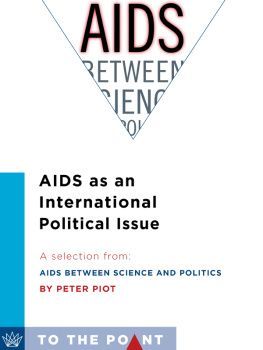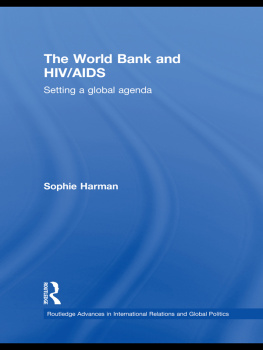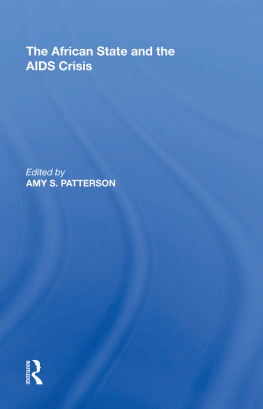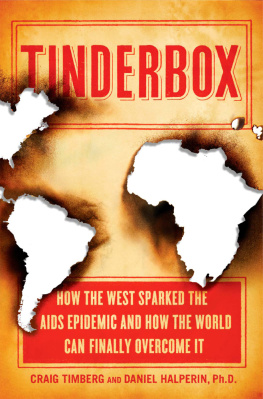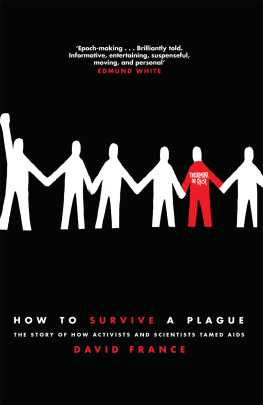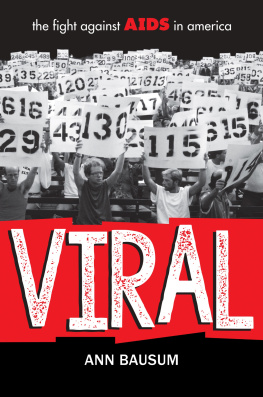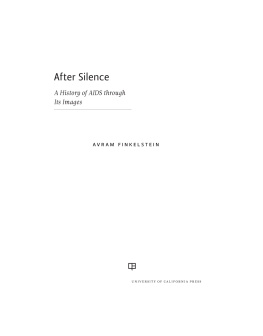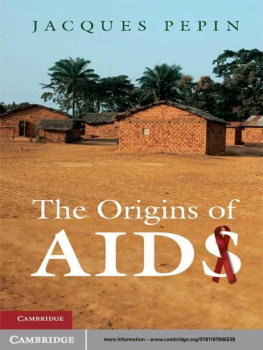Copyright 2021 by Emily Bass
Cover design by Pete Garceau
Cover copyright 2021 by Hachette Book Group, Inc.
Hachette Book Group supports the right to free expression and the value of copyright. The purpose of copyright is to encourage writers and artists to produce the creative works that enrich our culture.
The scanning, uploading, and distribution of this book without permission is a theft of the authors intellectual property. If you would like permission to use material from the book (other than for review purposes), please contact permissions@hbgusa.com. Thank you for your support of the authors rights.
PublicAffairs
Hachette Book Group
1290 Avenue of the Americas, New York, NY 10104
www.publicaffairsbooks.com
@Public_Affairs
First Edition: June 2021
Published by PublicAffairs, an imprint of Perseus Books, LLC, a subsidiary of Hachette Book Group, Inc. The PublicAffairs name and logo is a trademark of the Hachette Book Group.
The Hachette Speakers Bureau provides a wide range of authors for speaking events. To find out more, go to www.hachettespeakersbureau.com or call () - 6591 .
The publisher is not responsible for websites (or their content) that are not owned by the publisher.
Names and identifying details of some individuals in this book have been changed to preserve privacy.
Library of Congress Cataloging-in-Publication Data
Names: Bass, Emily, author.
Title: To end a plague : Americas fight to defeat AIDS in Africa / Emily Bass.
Description: First edition. | New York : PublicAffairs, 2021 . | Includes bibliographical references and index.
Identifiers: LCCN 2020054321 | ISBN 9781541762435 (hardcover) | ISBN 9781541762459 (ebook)
Subjects: LCSH: AIDS (Disease)PreventionGovernment policy United States. | AIDS (Disease)PreventionInternational cooperation. | AIDS (Disease)Africa. | Medical assistance, AmericanAfrica.
Classification: LCC RA..B 37 2021 | DDC . 19697 / 920096 dc23
LC record available at https://lccn.loc.gov/ 2020054321
ISBNs: -- 5417 - 6243 - (hardcover), -- 5417 - 6245 - (ebook)
E3-20210521-JV-NF-ORI
For Cissy, Lillian, Milly, and Yvette, our daughters and sons, and all of the next generation
O N J ANUARY , 2003 , the night that President George W. Bush launched Americas war on AIDS in Africa, he brought the whirlwind with him. In fact, it had seldom left his side. In his 2001 inaugural address, the president twice quoted a letter to Thomas Jefferson from his friend and fellow slave-owning politician John Page. We know the Race is not to the swift nor the Battle to the strong. Do you not think an Angel rides in the Whirlwind and directs this Storm? Page penned those words after congratulating Jefferson on the Declaration of Independence, conjoining American governance and divine Providence. Some of Bushs supporters did much the same, seeing divine intervention in an election settled by a Supreme Court decision. At first, the presidents whirlwind seemed merely metaphorical. But days after his inauguration, twin columns of air roiled at the bottom of Manhattan Island. Ever since, even on clear days, America had dwelt within a storm.
In a whirlwind of change and hope and peril, our faith is sure; our resolve is firm; and our Union is strong, the president said on that January , in his 2003 State of the Union address. If he did not name the angel this time, perhaps it was because he intended to assume its earthly, avenging form. Like many viewers of the speech who hadnt voted for Bush, I tuned in dreading a declaration of war on Iraq. Two months prior, Congress had authorized use of force; millions of people around the world had taken to the streets to protest, but the White Houses zeal for war had not slackened. Id turned on the speech because I understood witness as an act of resistance. He would not catch those who vehemently opposed violence and vengeance by surprise.
In the opening minutes of the speech, Bush hardly projected holy clarity. His eyes darted, and his mouth seemed a separate living thing, wriggling, flattening, and bunching up with helminthic volition. But after his promise of hydrogen-powered cars, his voice softened, grew hoarse with sincerity. My sense of watching a badly dubbed soap opera disappeared. He began to talk about something that interested him: getting drunk. Hed met a Louisiana addict in recovery. God does miracles in peoples lives, that man had said to the president. You never think it could be you.
The putty of Bushs face softened with an inwardly directed tenderness when he spoke these words. He could not make himself the subject, of course. But he had been frank about his own alcoholism and recovery. Against my will, I warmed toward him just then. We knew each other, drunks and recovering drunks. On that January night I was twenty-nine years old, sitting in my apartment in downtown Brooklyn, wrapped in the duvet I had brought to college my senior year. I was, if asked, an AIDS activist and journalist. That was what I did; but I was not always sure who I was, and so I loved nothing more than when, after a third or fourth glass of wine, I could at last hear my voice at a distance.
Bush finished the story about recovery in Louisiana with a plea for people to embrace Gods wonder-working power, then hopscotched from a condemnation of partial-birth abortion to a call for a law against human cloning, staking the states claim to control corporeality in all its forms, from womb to cell. Divine might manifested as governmental jurisdiction over bodies. His voice was firm and his sentences flowed. Something was coming.
Just after : p.m., Eastern Daylight Time, he looked at the camera again. Today, on the continent of Africa, nearly thirty million people have the AIDS virus, including three million children under the age of fifteen, he said. I recognized the facts that were a catechism for me and many others working on global AIDSan American neologism for the epidemic beyond US borders. There are whole countries where more than one-third of the adult population carries the infection. More than four million require immediate drug treatment. Yet across that continent, only , AIDS victimsonly ,, he repeated himself, as we activists did in our own speeches, marveling at the inhumanity, are receiving the medicine they need. Bush continued,
A doctor in rural South Africa describes his frustration. He says, We have no medicines, many hospitals tell people, Youve got AIDS. We cant help you. Go home and die. In the age of miraculous medicines, no person should have to hear those words. [T]onight I propose the Emergency Plan for AIDS Relief, a work of mercy beyond all current international efforts to help the people of Africa. This comprehensive plan will prevent million new AIDS infections, treat at least million people with life-extending drugs and provide humane care for millions of people suffering from AIDS and for children orphaned by AIDS. I ask the Congress to commit $ billion over the next five years, including nearly $ billion in new money, to turn the tide against AIDS in the most afflicted nations of Africa and the Caribbean.
His words ended years of American negligence. With a scant handful of sentences, Bush launched the largest disease-specific foreign aid effort in the history of the country and the world. He also brought to an end an era of shameful American heel-dragging over whether people in Africa living with HIV and dying of AIDS deserved access to the medications that had changed HIV from a death sentence to a chronic disease in people who could afford them. In the years to come, members of Congress would call the presidents plan the most effective American foreign aid since the Marshall Planthe legendary postWorld War II effort to rebuild Europe and head off Soviet alliances. The program that would be known as the Presidents Emergency Plan for AIDS Relief (PEPFAR) would meet the goals Bush set in the State of the Union ahead of schedule and go on hitting or surpassing them across three presidential administrations and eight Congresses.


